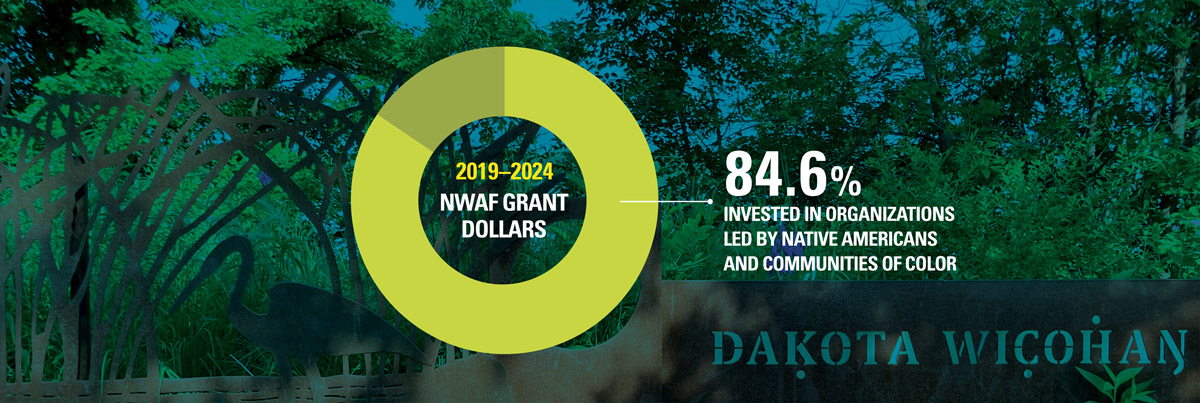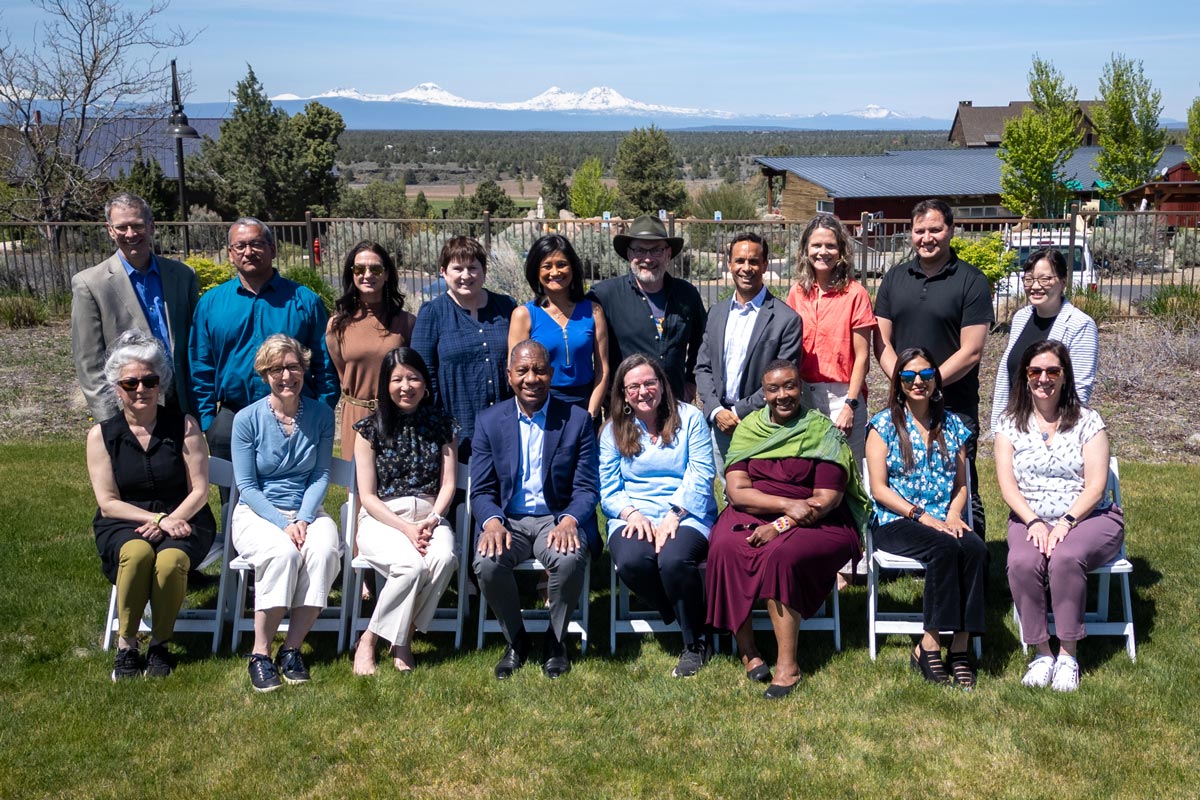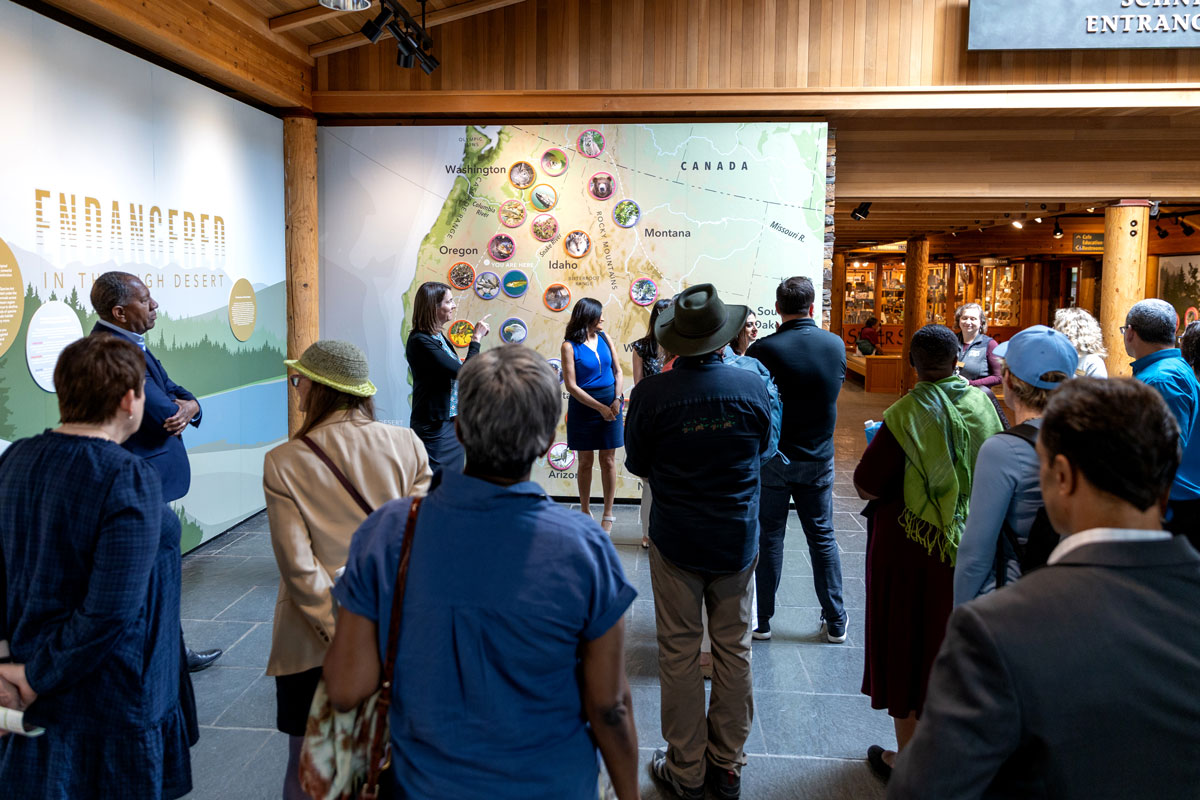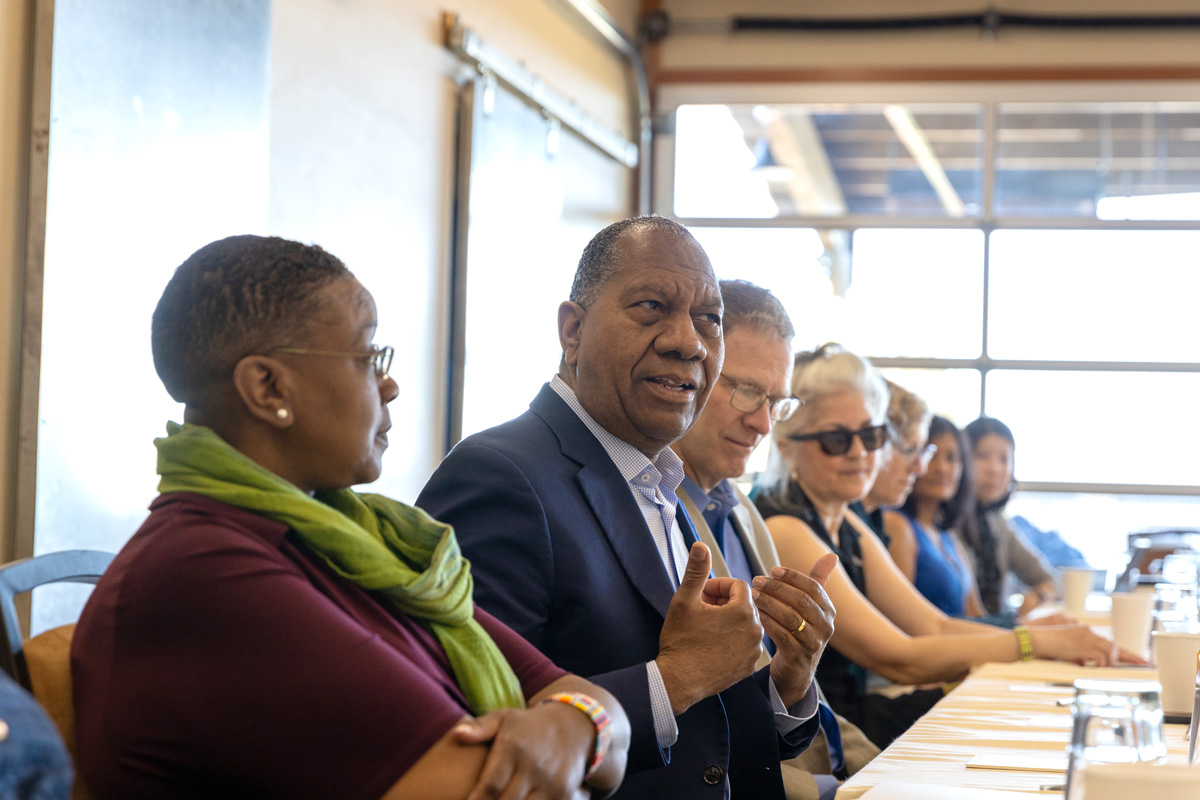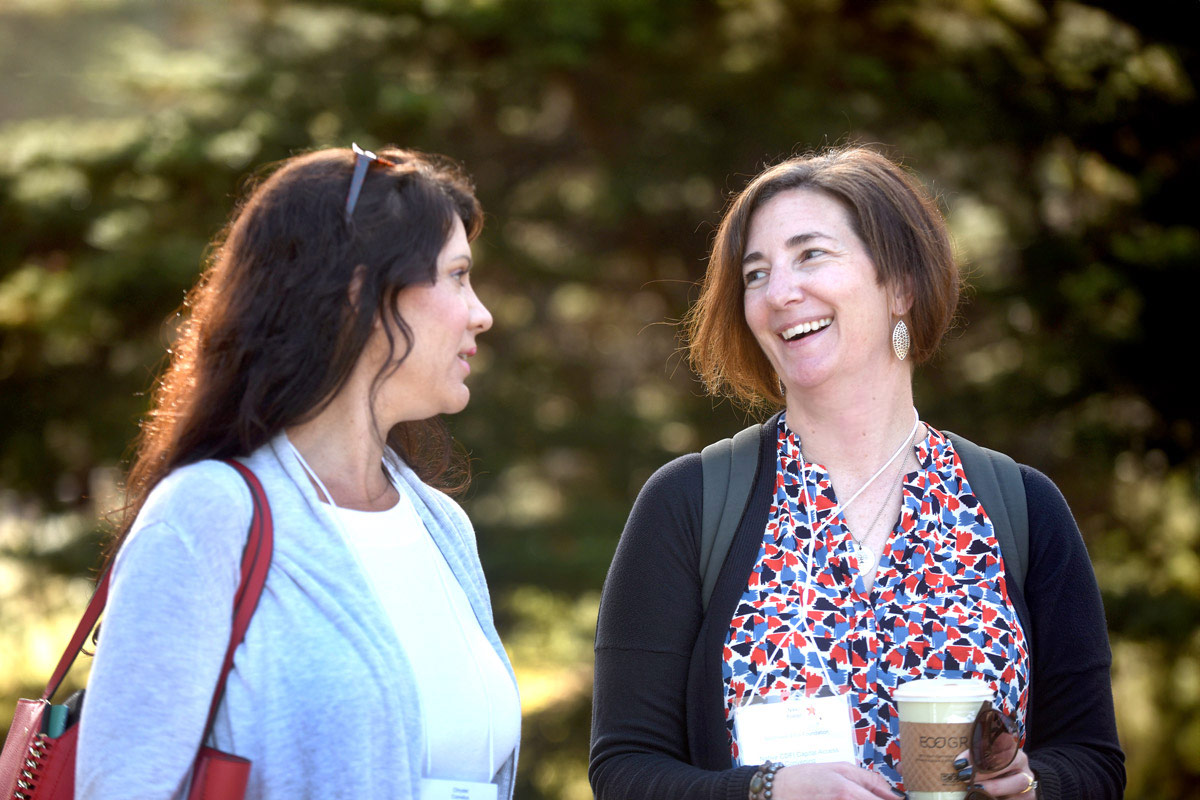Justice, Equity, Diversity, and Inclusion
Get updates about Justice, Equity, Diversity, and Inclusion in your inbox
What’s JEDI?
JEDI describes an approach we’re using to more fully live out our mission and values in a region where we envision equitable economies and opportunities are shared by all.
What’s Racial Equity and Racial Justice?
While many people use “racial equity” and “racial justice” interchangeably, important distinctions have emerged in their application.
Why racial equity and justice?
Communities of color and Indigenous communities experience striking levels of poverty and other social and economic disparities. The causes are rooted within a deeper historical context of trauma, financial instability, and other barriers that reflect an ongoing legacy of exclusion and violence that continues to deny them what they need to thrive on their own terms.
For us to achieve our mission to reduce poverty and achieve sustainable prosperity, we continue to be intentional in our commitment to racial equity and racial justice.

What’s our JEDI Journey?
We’re dedicated to the practice of justice, equity, diversity, and inclusion to become better partners as we back changemakers working to advance racial, social, and economic justice.
JEDI begins with ourselves
Since 2017, we’ve been on a continual learning journey to understand the communities we serve, placing emphasis on the past, the present, and the future they envision for themselves. But the journey doesn’t stop with learning, but to change ourselves in response to what we learn.
Part of this practice is to deeply understand and respect the JEDI values and lived experiences of grantees and partners to avoid perpetuating the injustices we seek to change.
Through the journey we live into our responsibility to help remedy injustices in our region.
Guided by our priority communities
Some communities experience more poverty than others because they’ve been denied their fair share of resources to thrive on their own terms.

Our priority communities are Native Americans, communities of color, immigrants and refugees, and people in rural areas. They are overcoming legacies of discrimination, exclusion, and violence that continue to deny them power over the decisions that impact their lives. JEDI helps us be accountable as their partners in advancing real change in our organization and the communities of our region.
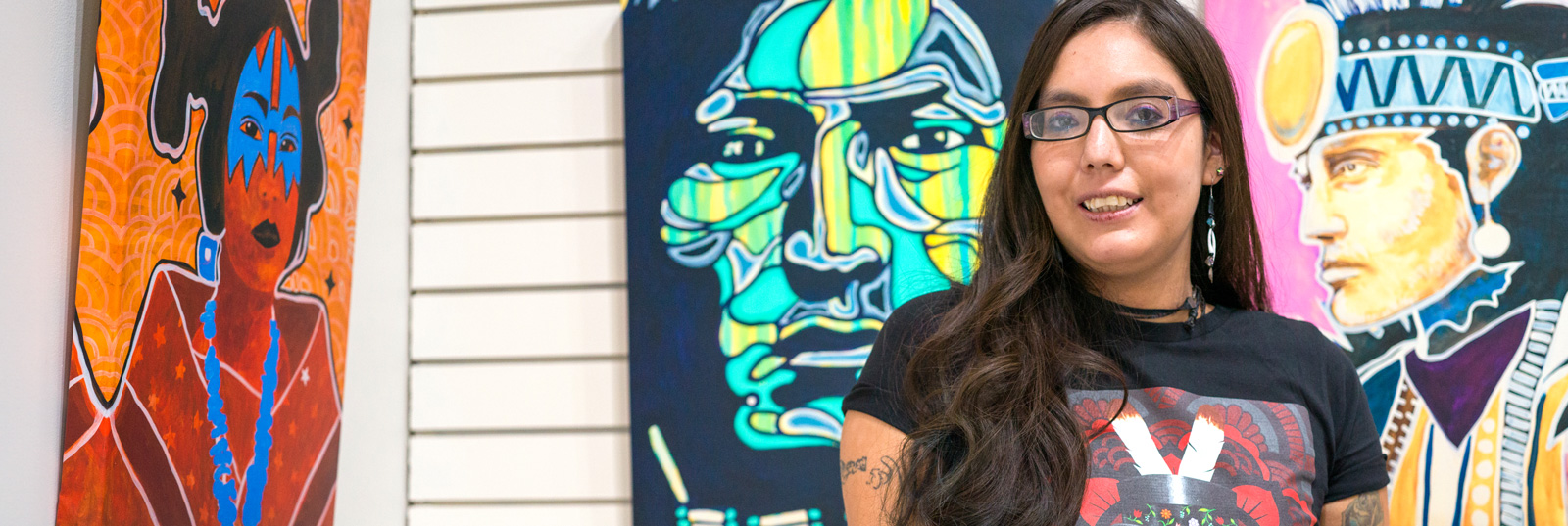
We’re Committed to Supporting JEDI in Everything We Do
We believe in walking the talk. So, we’ve woven JEDI into the fabric of our organization. It touches everything we do, from our culture to how we show up in the community to how we use our resources. It also means learning about the issues and living into our values, as individuals and as an organization.
How JEDI is central to our funding approach
Our funding approach serves our priority communities and is guided by listening to grantees and understanding how we can best be allies, now and in the future. These communities are at the center of our theory of change.
Community-led grantees are changing unjust policies and practices in ways that serve, support, and heal their communities so everyone has the tools they need to thrive on their own terms. They’ve been doing this work for decades. Our funding approach is shaped by their work and our commitment to listening and learning alongside them.
They’ve taught us that our funding needs to support work for racial, social, and economic justice, as determined by their communities. They’ve also taught us that there are five conditions that lead to real justice: healing, sharing cultural wisdom, counteracting systemic causes of injustice, building self-determination and power, and creating accountability to communities.
One of the most telling ways we hold ourselves accountable to supporting justice is by collecting data about how many of our grantee organizations are led by Black, Indigenous, and people of color (BIPOC). Our most recent data shows that during 2019–2024, 84.6 percent of grant dollars went to BIPOC-led organizations. This data helps us understand how our grantmaking supports nonprofits led by and for our priority communities and gives us a benchmark by which to hold ourselves accountable.
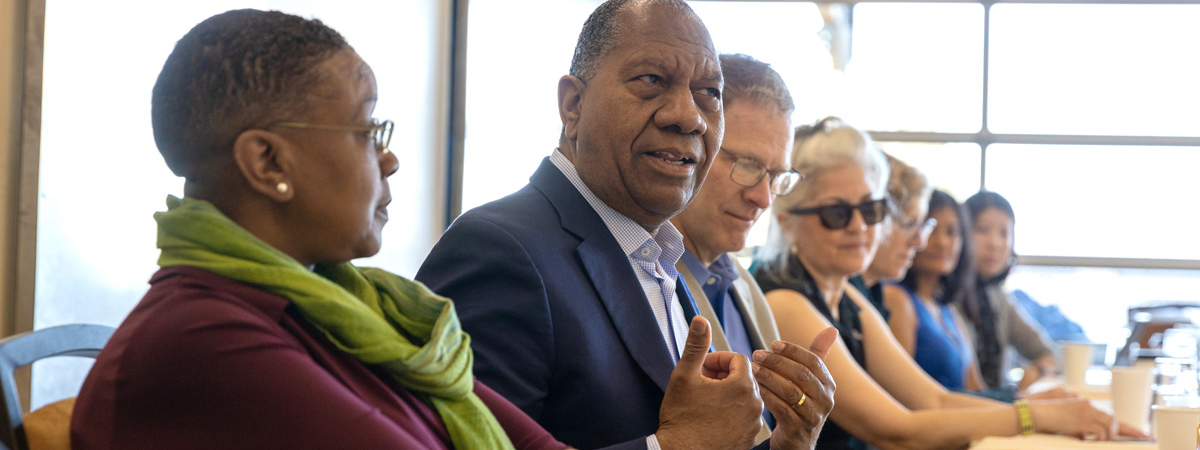
Board member Salome Mwangi, Board Chair Duane Carter, CEO Kevin Walker, and other board members at the 2024 Northwest Area Foundation board retreat in central Oregon.
How our board shares in every step of the JEDI journey
Our board travels along with staff on every step of our JEDI journey. Taking the time to learn about JEDI and practice it helps our board not only to understand the journey but also to be advocates for justice. But JEDI is so much more—it transforms a board’s all-around effectiveness, from its culture to individual board member growth to governance. Through JEDI, the board is able to build trust and deepen collaboration with each other and with staff as the organization progresses in its journey.
Our board is acting as a facilitator for our JEDI work, and not a barrier to it. When we say JEDI is an organization-wide commitment, we mean it.
Two videos allow you to hear directly from our board members about their candid experiences of the journey and how it’s transformed their leadership abilities.
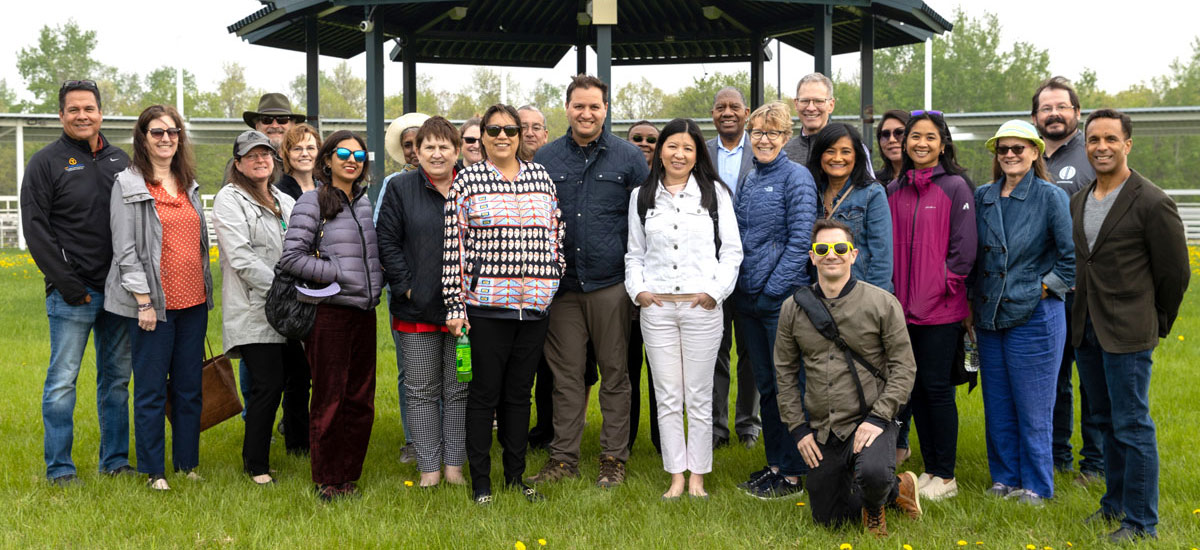
WHAT TO EXPECT FROM A JUSTICE, EQUITY, DIVERSITY, AND INCLUSION (JEDI) JOURNEY AS A FOUNDATION BOARD is a behind-the-scenes discussion with board members about what it’s like to experience a JEDI journey as a board member—the benefits, challenges, and the ways they grew through it.
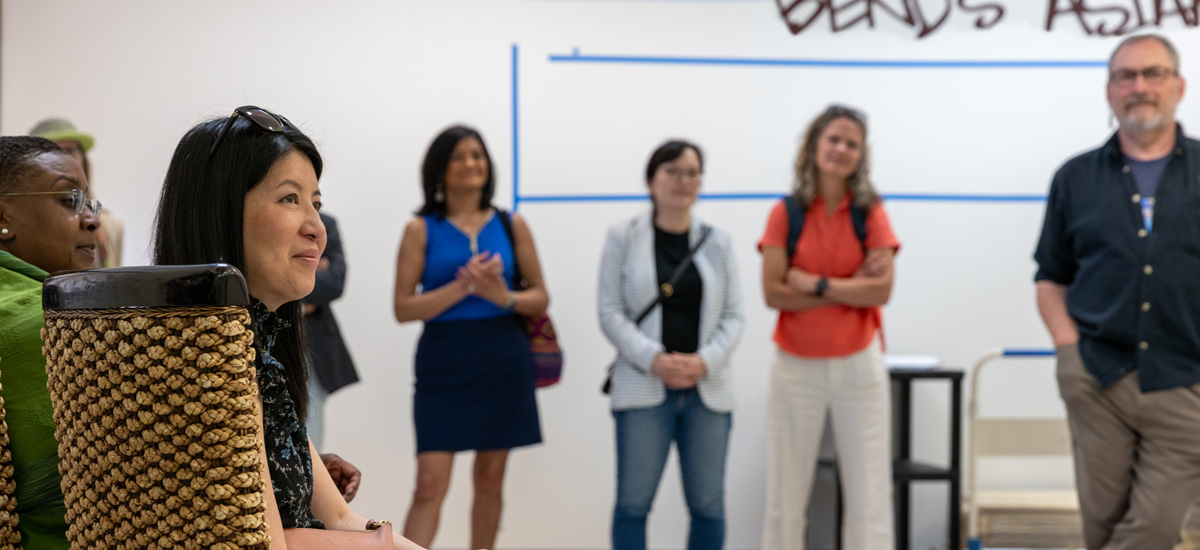
HOW A JUSTICE, EQUITY, DIVERSITY, AND INCLUSION (JEDI) JOURNEY MAKES BOARDS MORE EFFECTIVE features board members talking about how JEDI was transformational—for their understanding of justice and their ability to be better board members by building trust, improving decision-making, and engaging in deeper collaboration.
How we’re tracking data and holding ourselves accountable
We’ve tracked data on the progress of our JEDI journey for years as a way to hold ourselves accountable to making continual change across all of our work. In 2023, we launched an annual impact report so that the communities we serve can also track our progress and hold us accountable. It’s been an open invitation for deeper engagement about what exactly we’ve done and the possibilities to add to or change what we do in the future.
You can access these reports for yourselves. They show a variety of data from the demographics of our grantmaking, staff, and board to that of our vendors and investment managers to survey data and key milestones.
2022 JEDI ANNUAL IMPACT REPORT: This was our first annual report and shares data not only on our 2021 progress but also information on the impact of the first five years of our journey since the start of 2017.
2023 JEDI ANNUAL IMPACT REPORT: This report shares a snapshot of the data on our progress during 2023.
2024 JEDI ANNUAL IMPACT REPORT: This report updates the snapshot for 2024, including results from a survey of grantee organizations and staff from the Center for Effective Philanthropy.

Embedding JEDI through five calls to action
We implemented an action plan in 2022 that integrates JEDI into each department’s yearly planning and evaluation. Departments develop one to three goals in their yearly plans that align with five calls to action, which serve as guidelines for departments to incorporate JEDI into their work. The five calls allow the Foundation to be intentional in its vision to become a more just and equitable organization.
THE FIVE CALLS ARE:
1 | Embed measures that promote accountability, transparency, reflection, and learning regarding our JEDI challenges, successes, and overall progress.
2 | Build the staff and board’s knowledge of racial justice, economic justice, social justice, and white supremacy.
3 | Consistently use the Racial Equity Magnifier to improve our policies and practices, prioritizing external-facing decisions that impact our grantees and priority communities.
4 | Activate more resources to advance racial equity and justice.
5 | Create a culture and climate that affirms and reflects our commitment to JEDI, healing, and collective care.
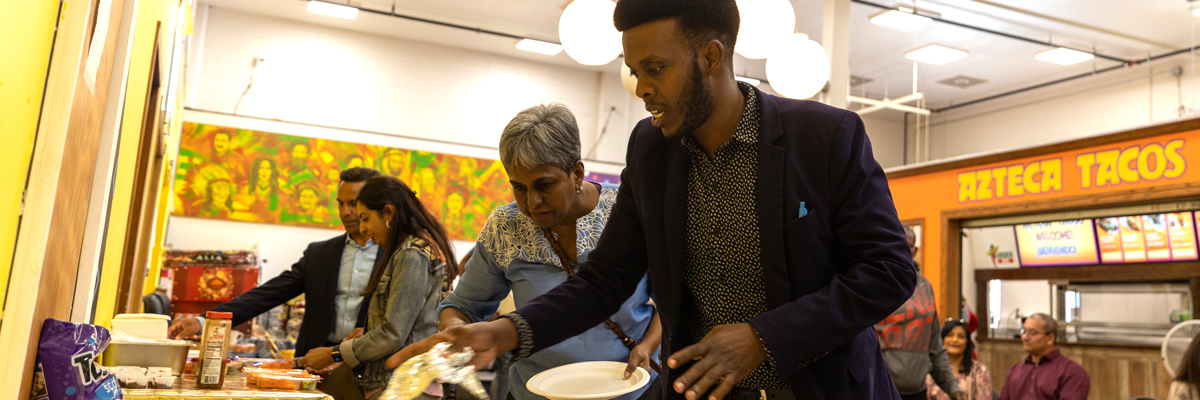
Northwest Area Foundation board and staff at International Market Plaza in Fargo, ND, during the 2023 board learning retreat.
A Deep Commitment to Ongoing Learning and Change Among Staff and Board
Our JEDI journey includes training and tools for our staff and board, as well as workshops and relationship building with our priority communities. This learning weaves itself into the function of every department in the Foundation and is led by the efforts of our JEDI director, Margie Jo Eun Joo Andreason.
This work has been ongoing since 2017 and is vital to changing who we are as an organization. We’ve changed policies and practices across the entire Foundation, updated our values in 2020 based on our JEDI journey, changed our grantmaking approach in 2021 to center justice, and added racial, social, and economic justice to our mission in 2023.
Below are some examples of the tools and activities that have helped us grow and keep us growing into the future.
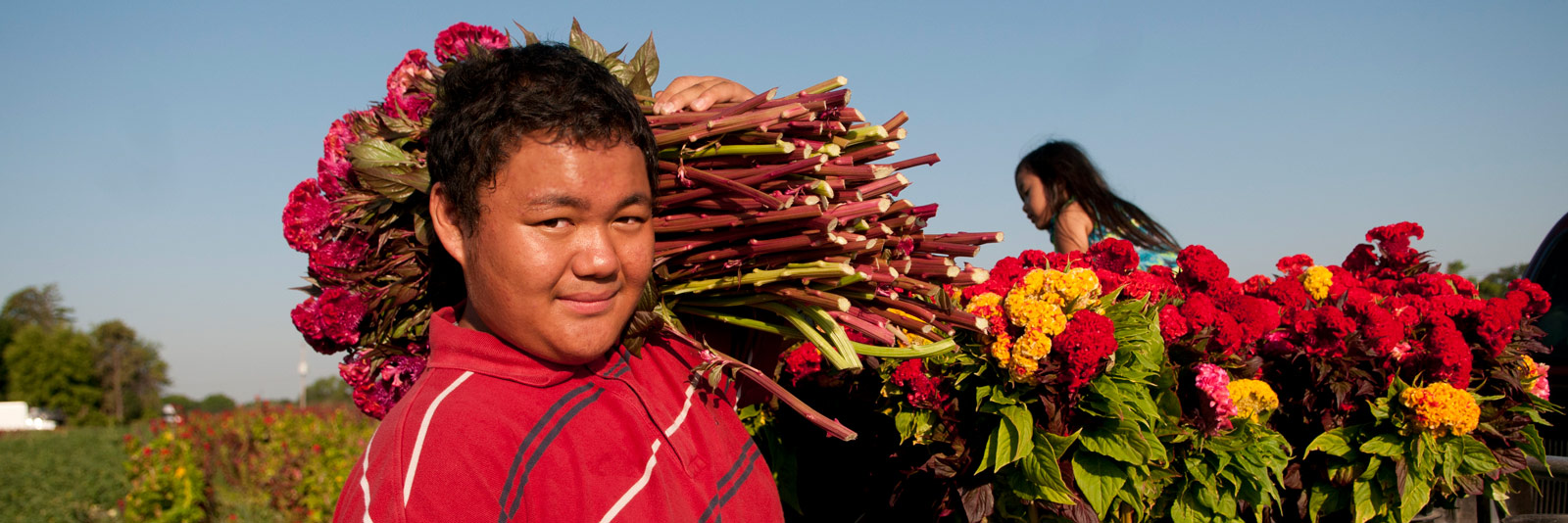
JEDI Resources from Organizations and Thought Leaders that Are Informing Our Journey
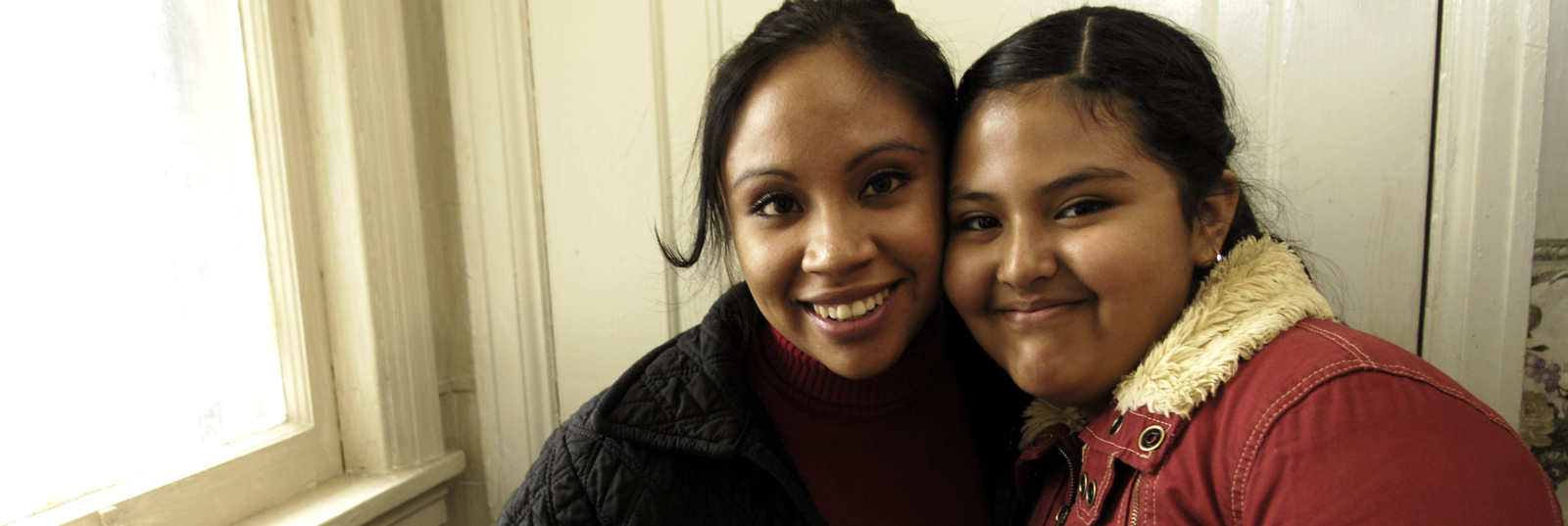
Philanthropic Organizations that Are Leading Work Around Justice and Equity
*Asian Americans/Pacific Islanders in Philanthropy (AAPIP)
*Association of Black Foundation Executives (ABFE)
Justice Funders Network
CHANGE Philanthropy
D5 Coalition
*Emerging Practitioners in Philanthropy
*Funders for LGBTQ Issues
*Grantmakers Concerned with Immigrants and Refugees
*Hispanics in Philanthropy
*Minnesota Council on Foundations
*Native Americans in Philanthropy
Neighborhood Funders Group
Northern California Grantmakers
Philanthropic Initiative for Racial Equity
*Philanthropy Northwest
*The Foundation currently belongs to these membership-based organizations to support JEDI efforts in the philanthropic field.
Consultants NWAF Has Partnered with Around JEDI
Frontline Solutions (DEI Multiyear Plan)
Elemental Partners & MP Associates (Racial Equity Learning)
Synergistic Transformations & Zemsky and Associates Consulting (Intercultural Development)

